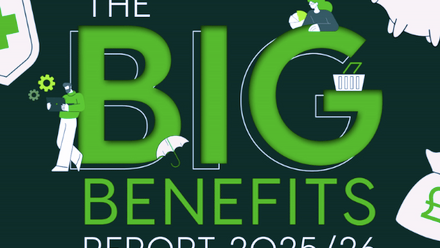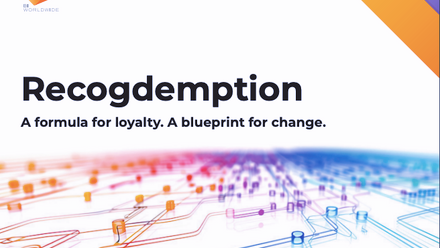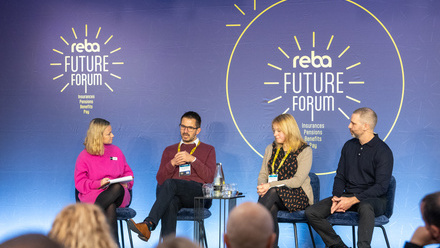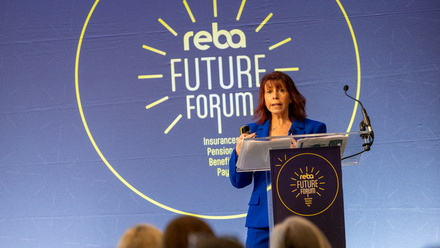Reward and recognition: why saying “well done” is a bigger motivator than money

Saying ‘please’ and ‘thank you’ can make a real difference in many of our daily interactions – as illustrated recently when attentions turned to the act of thanking bus drivers – but manners have a particularly important role to play in the workplace, especially when it comes to expressions of thanks and appreciation. And yet, despite the impact that simple words of gratitude can have, in our places of work such manners are not always as forefront of mind as they should be.
Money is not the only motivator
So why is this? First, we need to remember that the relationship between employer and employee is a unique one. When stripped right back, ultimately it is a transactional dynamic – we exchange our services for an agreed fee. Viewed in this way, the arrangement does not require expressions of thanks or appreciation – and there are many businesses that take this simplistic perspective with their workforce: do your job and you will be rewarded with your salary. But this approach assumes that money is the only motivator for the delivery of what our jobs require of us, and this assumption misses some fundamental aspects of what it is to be human. Yes, we want to be paid for our work – but when it comes to what really drives us to be the very best that we can, it is about so much more than just money.
When behavioral economist Dan Ariely gave a TED Talk entitled, 'What makes us feel good about our work?', he explained that, “we really have this incredibly simplistic view of why people work and what the labour market looks like… When we think about labour, we usually think about motivation and payment as the same thing, but the reality is that we should probably add all kinds of things to it: meaning, creation, challenges, ownership, identity, pride, etc”. He goes on to provide evidence that what really drives us is the meaningfulness of our work and, importantly, others’ acknowledgement of how much effort we’ve put in.
A subsequent write-up of Ariely’s work in this area highlights the findings of one of his studies which concluded that the less appreciated we feel our work is, the more money we want to do it. Ariely summarised that: “Ignoring the performance of people is almost as bad as shredding their effort before their eyes”. The same article also includes details of a study of undergraduates at Harvard University which found positive reinforcement of our abilities may increase performance.
Undervaluing words
With such extensive and compelling evidence in its favour, it is all the more surprising that so many businesses overlook the simple act of saying “thank you” and “well done” to their staff. Our own research of 1,000 employees across UK businesses employing more than 500 people, found that one third of workers feel undervalued and yet over a third of employers don’t have a recognition scheme in place.
One possible reason for this disparity is the misconception that reward and recognition schemes cost a lot to run, and require investment in a host of luxurious and expensive rewards for staff, like trips abroad and meals in fancy restaurants. And of course, they can offer these things. But the most effective schemes have at their heart an emphasis on the act of gratitude in its simplest form – with words.
Recognition from the top down
Fostering a culture of gratitude in a workplace is often most successful when it is led from the top. Receiving some appreciation from a senior person within the organisation can have an enormous impact on a junior team member who may otherwise feel that their work was not of great importance to the business. Knowing that it is not only important, but that their specific efforts have been noticed and acknowledged, is only going to encourage that employee to continue to deliver an exceptional performance.
A good reward and recognition programme will also allow team members to nominate each other for recognition of their hard work or additional effort, enabling people to formally thank and applaud each other. At every level across the firm. It really isn’t hard to say “well done” or “thank you”. And yet the impact of those words can be enormous. Weighing up the cost implications (zero) with the gains on offer (increased productivity, greater loyalty and improved motivation to name just a few), introducing some workplace manners could be one of the most productive things you ever do.
Download Xexec’s free e-Book on how to build an effective recognition strategy to find out more about how a reward and recognition scheme could work for your organisation.
This article is provided by Xexec.
Supplied by REBA Associate Member, Xexec
Xexec is the UK's leading Reward and Recognition and Employee Benefits provider.







